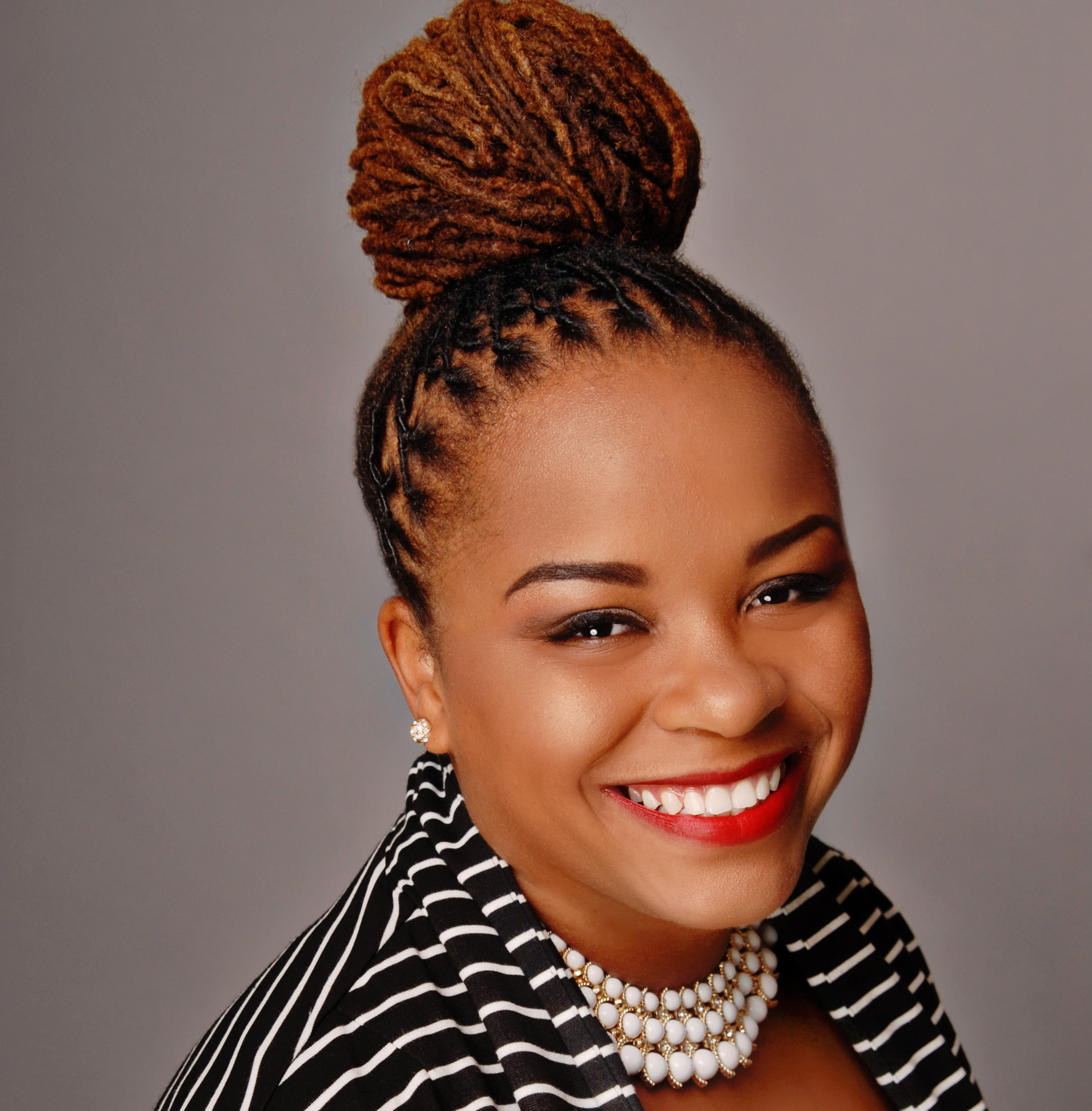By: William A. Foster, IV
Mr. Foster is the Interim Executive Director of HBCU Endowment Foundation, sits on the board of directors at the Center for HBCU Media Advocacy, & President of AK Companies, Inc. A former banker & financial analyst who earned his bachelor’s degree in Economics & Finance from Virginia State University as well his master’s degree in Community Development & Urban Planning from Prairie View A&M University. Publishing research on the agriculture economics of food waste, full-time contributor at HBCU Money, and guest contributor for a number of African American media outlets.
When the white man came, we had the land and they had the Bibles. Now they have the land and we have the Bibles. – Chief Dan George
There are two truths when it comes to land. First, as my grandmother always told me “Hold on to what you have because they aren’t making any more of it.” This is indeed true unless we have a major underwater volcanic explosion sometime soon.
Secondly, there is nothing socially, economically, or politically that does not have its foundation in land. That is to say socially when we build neighborhoods and schools this requires land. In order to control economic and natural resources one must control the land no matter the economic system. Of course we all hear continuously of the political implications of land as it relates to the dividing of political districts to impact voting patterns.
 Recently, a few miles outside of Prairie View A&M University a proposed landfill by a company whose website describes it as a development company that specializes in large-scale infrastructure development, environmental permitting, and operations for projects like industrial parks, transfer stations, recycling facilities and solid waste landfills was met with harsh opposition by students and citizens.
Recently, a few miles outside of Prairie View A&M University a proposed landfill by a company whose website describes it as a development company that specializes in large-scale infrastructure development, environmental permitting, and operations for projects like industrial parks, transfer stations, recycling facilities and solid waste landfills was met with harsh opposition by students and citizens.
Yet, let’s not kid ourselves. A landfill is just that a landfill. Its something that developers have termed NIMBY (Not In My Backyard) of many communities along with prisons, airports, Wal-Mart, and nuclear waste sites just to name a few. That is to say communities know they need these services but they just don’t want them in their community.
Unfortunately, what is not clear is whose land would the landfill be going on. Was it privately owned land? Was it county owned land? Who owns the company? None of this is clear in the matter. However, what is clear to me is that an HBCU and the citizens in its town were caught napping strategically. A large and continuous part of our problem in African America is our reactive nature. We seem to lack a healthy level of paranoia. That is to say the competition over resources be they social, economic, or political is an ongoing one and a never ending one.
One should never be comortable with their power position. Especially in our case where we have very little in the way of resources or institutional power. Our lack of strategic aggressiveness often leaves us in a position where we end up begging for mercy as opposed to dictating the destiny of our community. We will march and ask people to sign petitions after the fact when if we were landowners we could simply say no.
If the community of Prairie View A&M University is successful in stopping the landfill will it assume it can never happen again? Or will operate with a healthy paranoia to ensure it can never happen again.
The second installment of “40 Acres and a Fight: HBCU Land” will be published next week.














